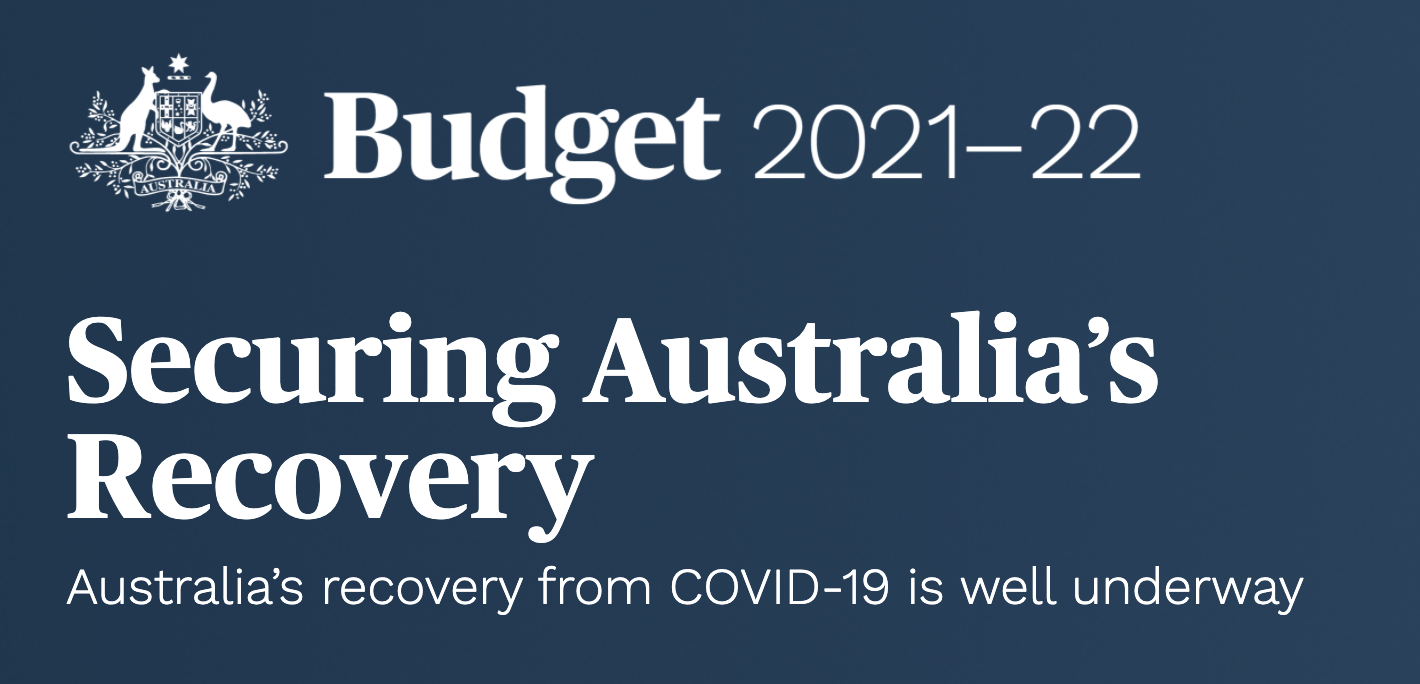The Treasurer announced as part of the Budget that the government is proposing to undertake some reform in relation to the treatment of a number of aspects dealing with employee share ownership.
We are very pleased to see the reforms. The removal of the taxing point on cessation of employment for ESS interests and the simplification of corporate regulation particularly for employees who receive free shares are both matters we have strongly advocated.
It is really positive to see the Government’s recognition of employee ownership as a key driver of employee performance and retention.
Removal of taxing point on cessation of employment for ESS interests
The taxing point on cessation of employment for rights has been a major focus and area of concern for those involved in employee ownership for many years.
The change to the taxing point for ESS interests represents a significant change.
It has been, in many cases, a major impediment to encouraging key employees to come to Australia. However, its significance is not limited to employees coming to Australia.
The change would remove a number of serious anomalies associated with the taxation of ESS interests rights under the share scheme rules.
In a survey of 68 listed companies across all sectors undertaken by Employee Ownership Australia (EOA) in 2017, 87% agreed that tax at cessation of employment was the biggest barrier to long term employee ownership.
The removal of the taxing point on cessation of employment will be important for the design of future offers of ESS interests.
It will require plans to have continuing conditions post cessation of employment. Namely, a risk of forfeiture or a restriction on disposal.
The change is to work prospectively. It is to apply to ESS interests (both shares and rights) issued after the commencement date. Importantly the commencement date is not until the 1 July following Royal Assent to the enabling legislation. If the enabling legislation does not receive Royal Assent prior to 1 July 2021 it will mean the measure would not commence until 1 July 2022 at the earliest. The timing of the enactment of the legislation will be very important.
Reform of the Corporate regulation of employee equity
The reform is to address some of the current difficulties associated with the rules under the Corporations law which regulate the offer of shares to employees in both listed and unlisted companies.
The reforms appear to focus on whether the employee pays for the shares.
Provision of a share where the employee does not pay for the shares
The provision of free shares in both listed and unlisted companies would be excluded from the current corporate disclosure requirements and the ancillary restrictions.
Provision of shares where the employee pays for the shares or they are acquired through a loan from the company
It appears the effect of the existing relief for unlisted companies which is currently provided through the ASIC class order will be extended to offers of up to $30,000 per employee. It is provided in ASIC Class Order (CO 14/1001).
It appears the new restrictions will apply through specific legislation to accommodate offers to employees in both listed and unlisted companies.
If the new restrictions are to be enacted through specific legislation a critical issue will be the extent to which the new restrictions reflect the existing forms of exemption provided to both listed and listed companies through ASIC class orders. This issue will require careful consideration so as not to create additional complexity in offering ESS interests.
The benefit of this measure will be very heavily dependent on the form of the exclusions which will apply. Importantly, ASIC has generally taken a very broad view of what constitutes consideration for the purposes of the ESS offerings.
Offers which are treated as being for no consideration for tax purposes are commonly regarded as being provided for consideration for the purposes of the corporations law and accordingly regulated by the disclosure requirements. The new restrictions will apply through a variation of the class order or specific legislation to accommodate offers to employees in unlisted companies.
This was the subject of a specific review by Treasury following the 2019 budget. EOA made a submission to the consultation.
It is hoped that there is, in the future, a consistency in the treatment for tax and corporate purposes. Namely, offers which are treated as being for no consideration for tax purposes are commonly regarded as being provided for consideration for the purposes of the corporations law and accordingly regulated by the disclosure requirements
What’s next?
We believe that the announcements are a very helpful step forward on a number of key issues. The changes to corporate regulation also have the potential to simplify the administration of offers of ESS interests.
There are a number of aspects of the regulation which continue to limit the effectiveness of employee equity. We are hoping to continue to work with government to promote employee ownership more generally.
We are particularly focused at the present time on seeking the reform of the existing tax rules to enable a greater rollout of the employee ownership trust structure which is currently used in the United Kingdom.
We have been working closely with Graeme Nuttall from Fieldfisher, the author of the Nuttall review of employee ownership, in developing the employee ownership trust model for use in Australia.
To contact EOA for comment please email info@employeeownership.com.au

